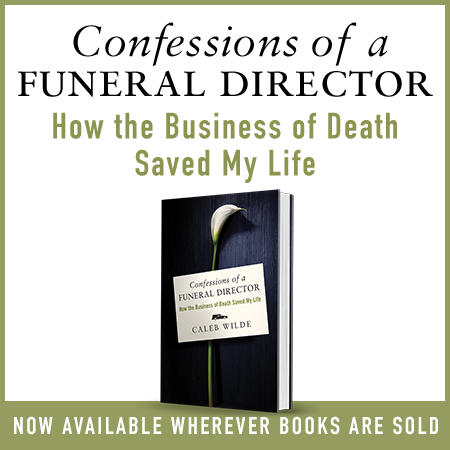Seven Characteristics of the Broken Open Heart

Author URL: https://www.flickr.com/people/sweethaa/ Title: A Broken Heart Year: 2009
I write in my book,
When hardship comes, some hearts are broken apart, and like pottery or glass, those hearts are difficult to put back together. But other hearts are broken open like a fist that opens itself to receive and give back, or like clay that adapts to pressure. Whereas death’s wildeness can shatter the well-ordered, rigid life, it can open those who have learned to flow with the waves of life. The broken-open heart, the heart that has been molded by pain and suffering, knows to “be kind, for everyone you meet is fighting a battle you know nothing about.”
One. One of the factors that differentiate the broken open heart from the heart that’s broken apart is this: the broken-open heart doesn’t believe that brokenness is shameful. The broken open heart starts with the assumption that it’s okay to be broken. It’s okay to feel deeply. It’s okay to have your life washed over by the emotions of death. On the flip side, sometimes we respond to our brokenness from a place of shame and fear. We fear our emotions. We fear grief. We fear being sad. We fear death itself and we absolutely fear the perceived imperfections of such brokenness. “Because anything that’s broken isn’t perfect and isn’t lovable,” we think.
Two. The broken open heart doesn’t see emotional turmoil as an unlovable imperfection. The idea that broken things can’t be loved is simply untrue, but the ever pervasive narrative that’s perpetuated through Hollywood and everywhere else is that only perfect things can be loved. Somewhere deep inside the broken-open heart resides a belief, however small, that says, “perfect things are broken and we can be loved.”
Three. Befriending death and all the brokenness, fear, and perceived imperfection that comes with it often gives us room for others’ pain. By accepting our own pain and stripping it of shame, we’re able to accept the pain of others. By accepting our own perceived imperfections, we can more easily accept the perceived imperfections in others.
Four. “It uses its own pain to find love for those we don’t like.” Simply put, the broken open heart has room for other broken things. Everyone can see the broken imperfections of others, but the broken open heart looks past the imperfection others and does the courageous work of seeing the pain behind the brokenness.
Five. “The broken-open heart seeks to understand.” When we are able to befriend our own brokenness, we start to see the deep connection between pain and real-world actions, and attitudes. In fact, many of the people we don’t like, people who are different than us, or people who think differently than we do aren’t inherently different than we are, they are just responding differently to the pain in their lives. If we can understand a person’s pain, we can begin to understand the engine of their being.
Six. The broken open heart is “slow to take offense and quick to forgive” because when we understand the pain behind the actions when we allow ourselves to lean into the pain, we can see that their offense is more a response to their pain than to us. Yes, pure evil exists in the world, but even those that are evil are responding to evil done to them. Sometimes people are just mean, but most of the time they’re just projecting their pain onto us.
Seven. “The broken-open heart uses grace to build and bind the broken.” When we find a path through our brokenness, we learn a very hard-earned lesson: finding wholeness doesn’t come through shame, it doesn’t come through criticism, it doesn’t come through fear of punishment (or fear in general). Our path through brokenness is made possible by love and grace.
Most of us guard our heart and for good reason. We’ve been hurt by the ones we have loved, by those we’ve trusted and those who we’ve given an intimate piece of our souls. But somewhere in the midst of all that heart protection, there’s a little opening that still harbors a sense of trust, courage, and love. As I deal with my own brokenness, and as you deal with yours, I hope you find ways to fan the embers buried deep within your heart. I hope that we can all find a way to be broken open.
If you want to read more about my broken-open journey with death care, here’s the book I wrote.

